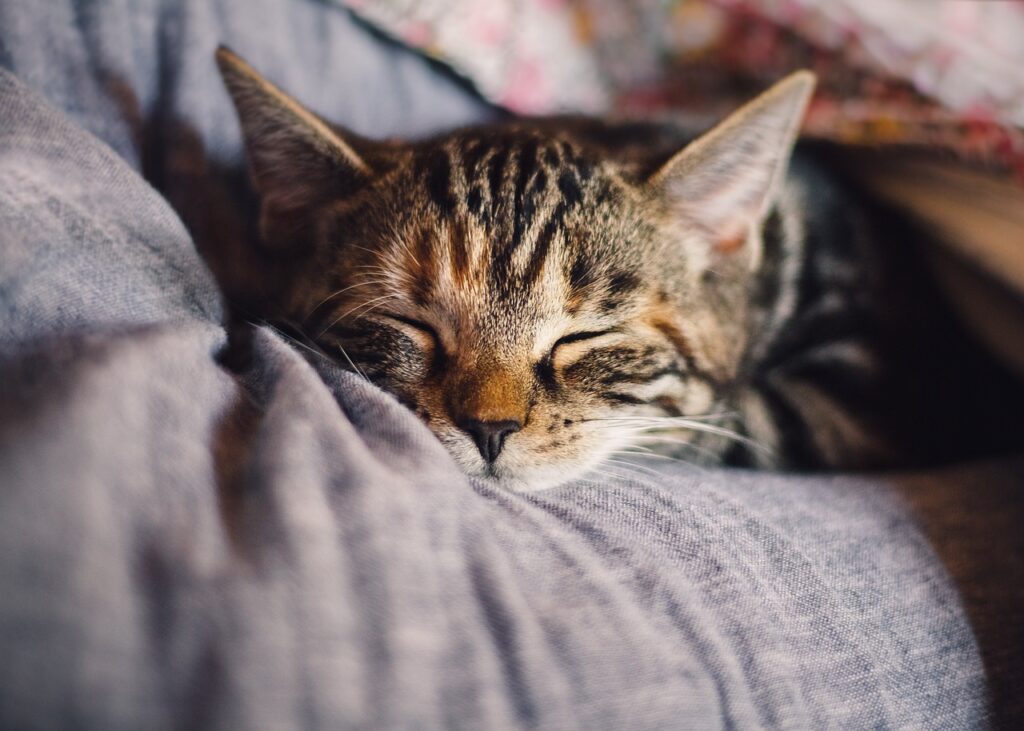Can Cats Eat Crab Sticks? – No, They Can’t
When it comes to our feline friends and their dietary needs, crab sticks make it to the no-go list. Although the name might suggest a marine treat suitable for cats, crab sticks are highly processed and lack the nutritional benefits that real crab meat offers. They’re often made with additives and preservatives that can be detrimental to your cat’s health. It’s best to stick to food items that are specifically tailored to meet the nutritional demands of cats.
Is It Safe for Kittens to Consume Crab Sticks?
Kittens, with their developing digestive systems, are even more sensitive to inappropriate foods than adult cats. Introducing crab sticks into a kitten’s diet is not recommended. Their delicate systems require a precise balance of nutrients to grow properly, and crab sticks cannot provide that. In fact, they might even cause harm.
Risks Associated with Feeding Crab Sticks to Kittens
Feeding crab sticks to kittens may expose them to potential allergies, digestive troubles, and an imbalance in essential nutrients. Since crab sticks are processed with ingredients that kittens are typically not exposed to, these could prompt gastrointestinal upsets or allergic reactions, which can be particularly concerning in their formative months.
Why Crab Sticks are Not Recommended for Cats
Presence of Additives and Preservatives
Crab sticks contain artificial preservatives and flavorings that are non-essential and potentially harmful to cats. These substances help maintain long shelf life and enhance taste, but they do not cater to the health requirements of a cat’s diet.
Lack of Nutritional Value
Unlike plain crab meat, crab sticks are low in protein and nutrients that cats require. They often contain fillers like wheat, which could lead to unnecessary weight gain and other health issues in cats.
Potential Allergic Reactions
The unusual ingredients in crab sticks compared to a cat’s regular diet can result in allergic reactions. Symptoms might include itching, digestive disturbances, or more severe allergic signs that would require veterinarian attention.
Known Health Issues in Cats from Consuming Crab Sticks
Crab sticks can lead to obesity from excess carbohydrate intake and potential digestive system upset due to the foreign nature of the ingredients. Over time, these issues could progress to more severe health conditions, including diabetes or chronic digestive problems.
What to Do If a Cat Has Consumed Crab Sticks?
- Monitor them closely: Keep an eye on your cat’s behavior and health for any signs of discomfort or illness.
- Provide fresh water: Ensure they have constant access to fresh water to help flush out any ingested preservatives or additives.
- Consult a vet: If you notice any adverse reactions or if your cat has consumed a considerable amount, seek veterinary advice immediately.
Safe Alternatives to Crab Sticks for Cats
Instead of crab sticks, consider offering small amounts of plain, cooked crab meat as an occasional treat. Additionally, commercial cat treats that are high in protein and free from additives are a safe and healthy option for your pet. Always make choices that reinforce your cat’s well-being.
Conclusion
To ensure the health and happiness of your cat, it’s wise to bypass crab sticks and opt for nutritious alternatives that align with their dietary needs. Your furry companion relies on you to make the best choices for their diet, and understanding what foods to avoid is part of responsible pet ownership. Keep their meals simple, wholesome, and cat-friendly to help them live a long, healthy life.



